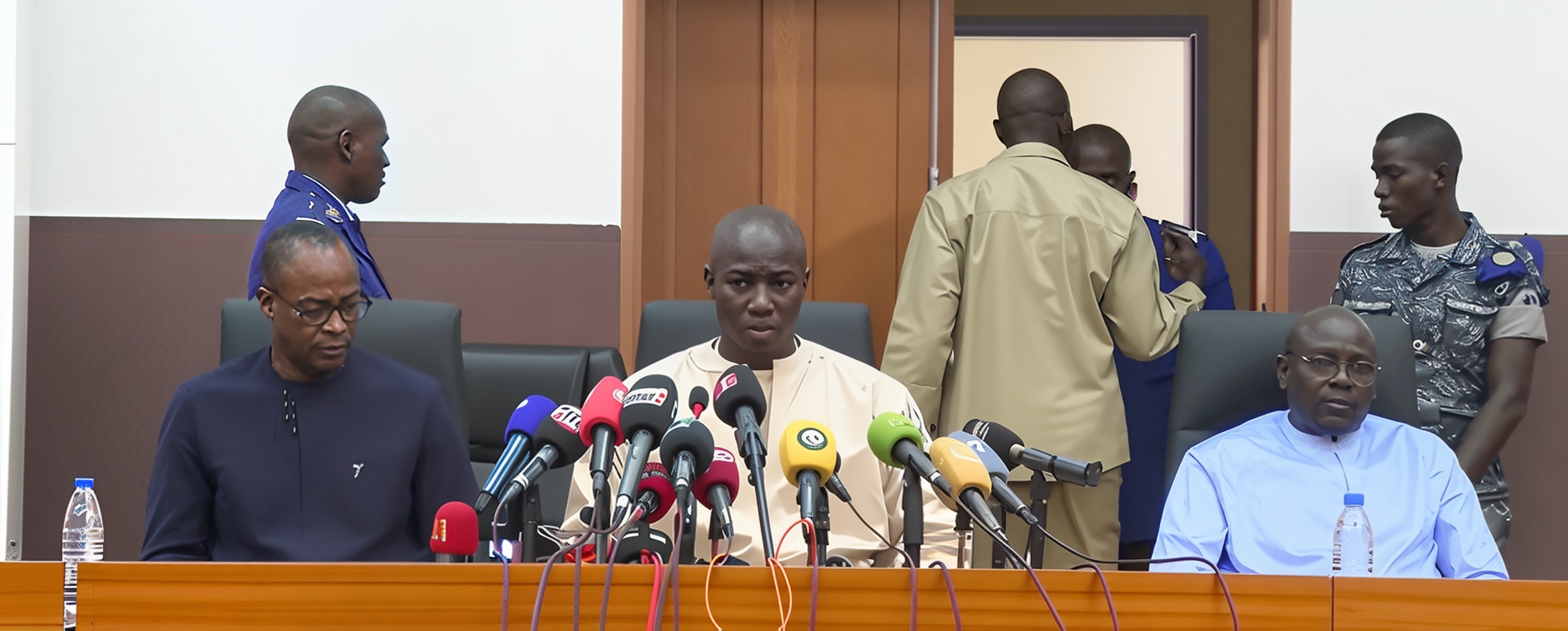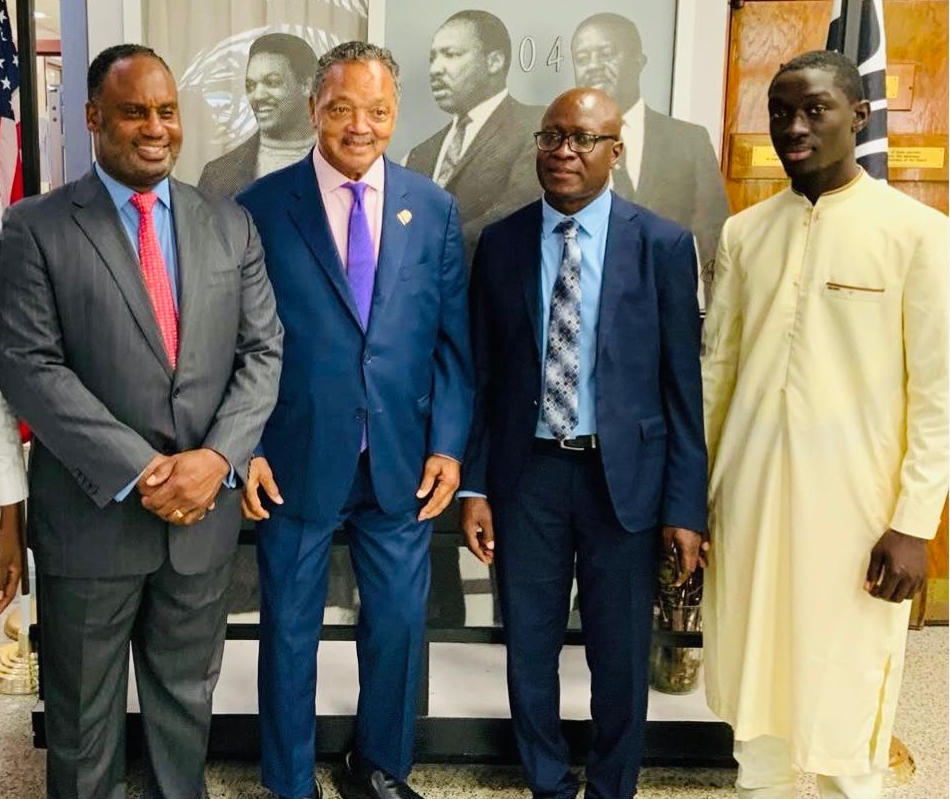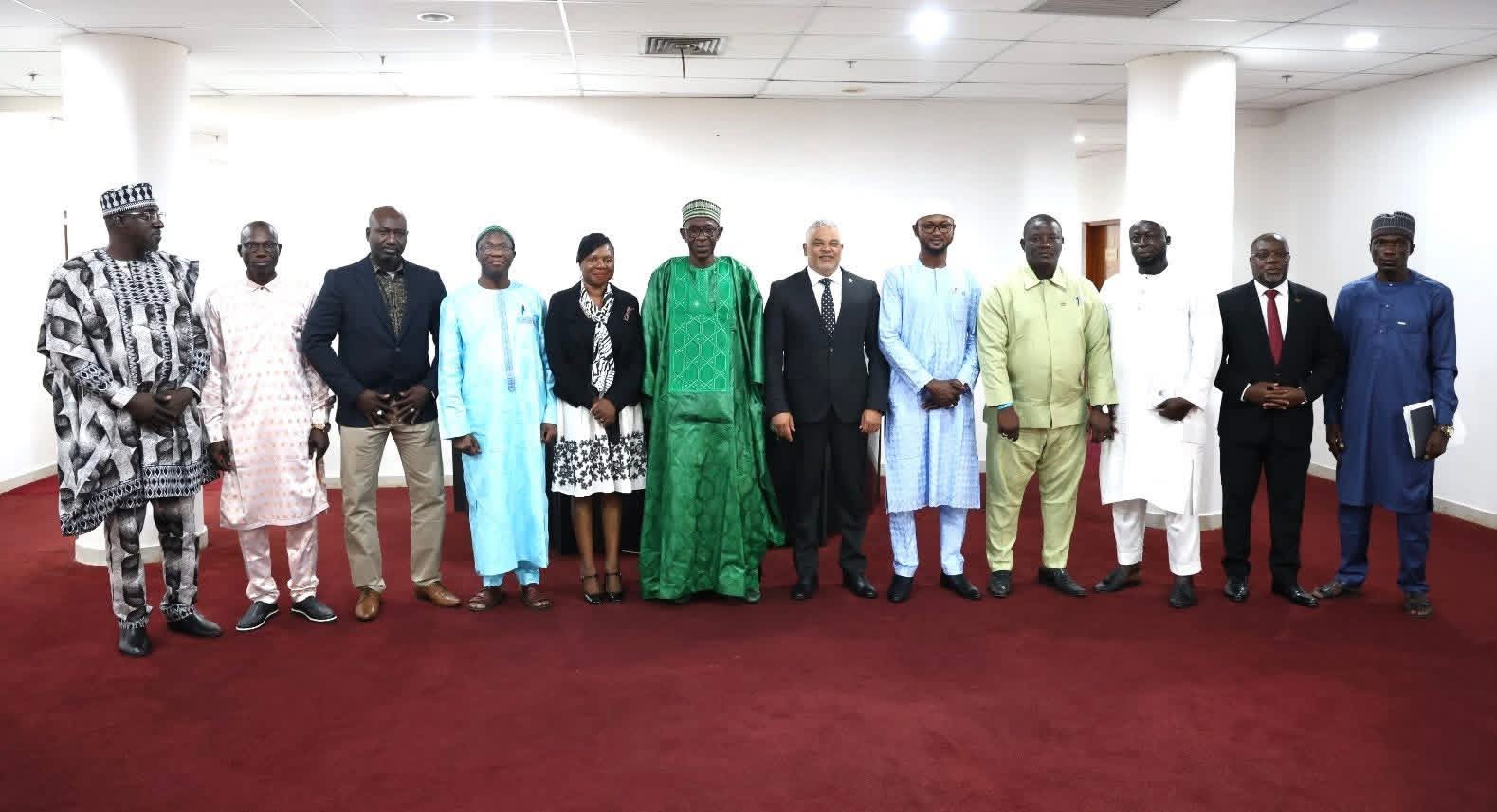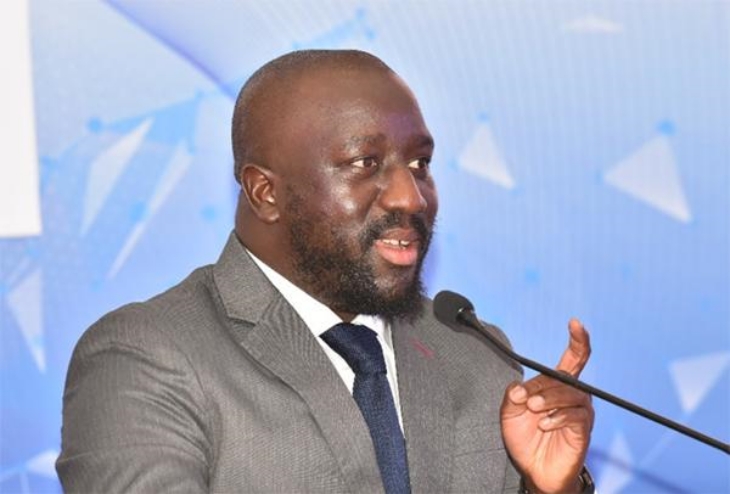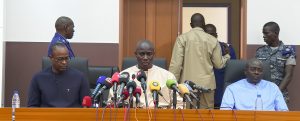Gambiaj.com – (DAKAR, Senegal) – The media landscape in Senegal is embroiled in controversy as the Ministry of Communication, Telecommunications, and Digital (MCTN) faces growing opposition from within its own ranks and from the National Audiovisual Regulatory Council (CNRA) over its media regulation policy. The tension stems from the establishment of the Commission for the Examination and Validation of the Declaration of Press Companies, a move critics claim undermines the authority of existing regulatory bodies and violates the Press Code.
Dissent has surfaced among the close collaborators of Minister Alioune Sall, who are reportedly dissatisfied with the handling of the press regularization process. They argue that the ministry is overstepping its legal boundaries by assuming powers not granted under the Press Code. The discontent aligns with a strongly worded letter from the CNRA, which accuses the ministry of sidelining the regulatory body in critical decision-making processes.
CNRA’s Scathing Letter and Broad Regulatory Concerns
In a letter addressed to Minister Sall, the CNRA denounced Decree No. 024462 of October 1, 2024, which established the commission, asserting that it violates the provisions of the Press Code. The CNRA highlighted that the decree grants the commission excessive powers, effectively diminishing the role of regulatory bodies such as the CNRA and the Council for the Regulation of the Press (Cored).
The CNRA reminded the ministry that, by law, legal recognition of audiovisual communication companies requires the combined efforts of the ministry and the regulatory body. Specifically, the ministry is authorized to grant operating licenses only after obtaining the CNRA’s assent. Additionally, the regulatory body is tasked with examining authorization requests, drafting specifications, and signing agreements with broadcasters and distributors.
While the CNRA’s letter primarily focuses on audiovisual media, ministry officials have expressed similar concerns regarding the written press. They allege that the new commission’s powers eclipse those of the regulatory bodies, leading to a breakdown in the established framework of media governance. The CNRA, unlike Cored, has signaled its intent to resist any erosion of its legally mandated powers.
The CNRA has urged Minister Sall to either suspend or withdraw the contentious decree. It further recommended authorizing press companies whose agreements with the CNRA have already been signed, in line with Article 147 of the Press Code. This article stipulates that the Minister of Communication must automatically issue operating licenses to existing audiovisual publishers upon signing new agreements with the regulatory body.
As dissent grows within the ministry and from external stakeholders, the pressure on Minister Sall and his team to address the backlash is mounting. Whether the ministry will adjust its course or continue its regulatory overhaul remains uncertain, but the escalating tensions risk disrupting Senegal’s media governance framework if left unresolved.
This unfolding situation underscores the delicate balance between regulatory authority and ministerial oversight, with significant implications for press freedom and media independence in Senegal.



